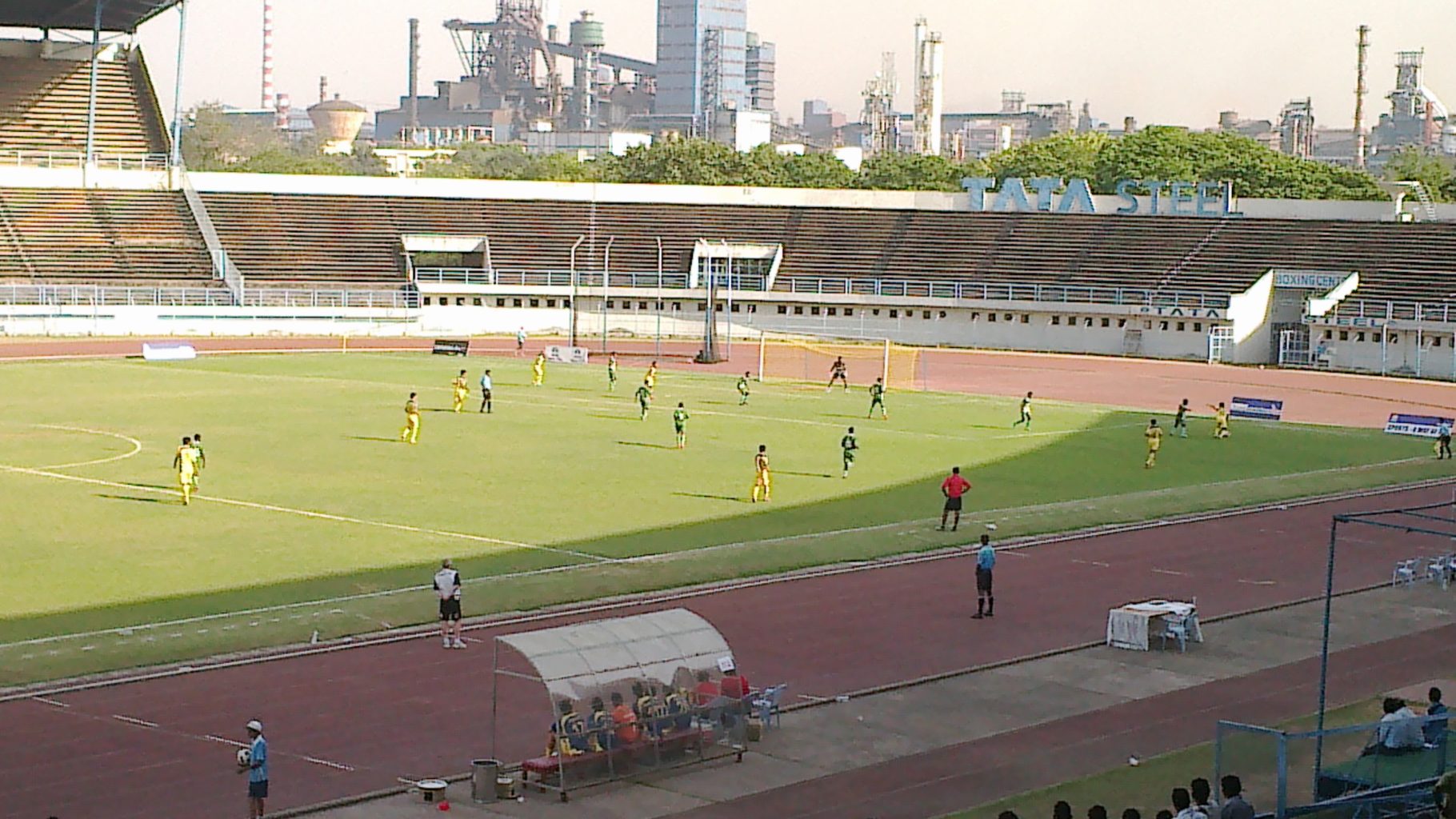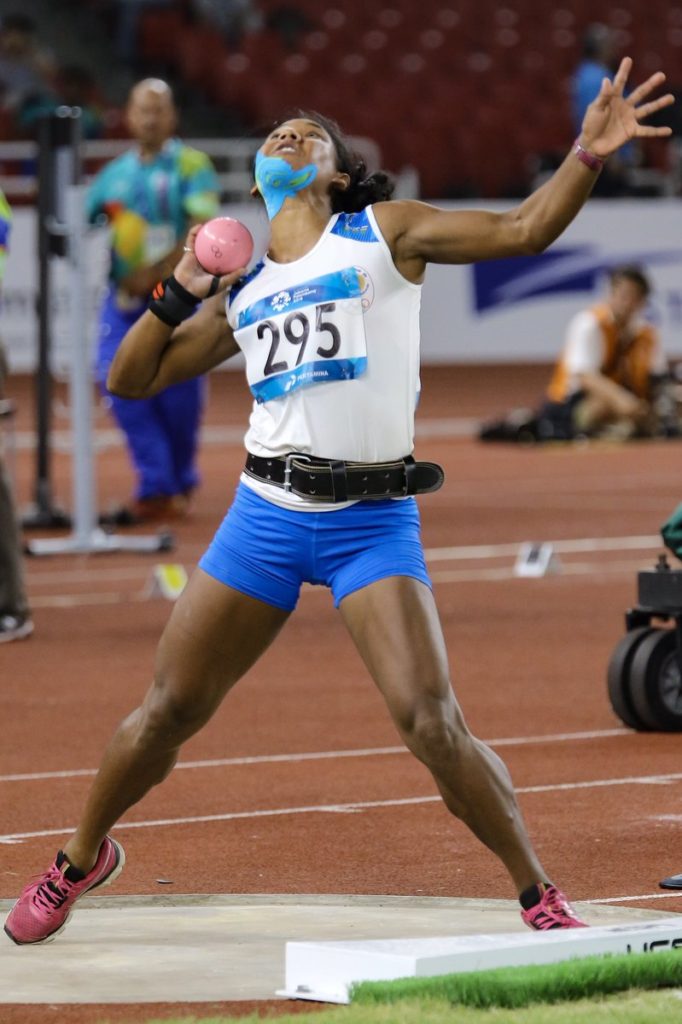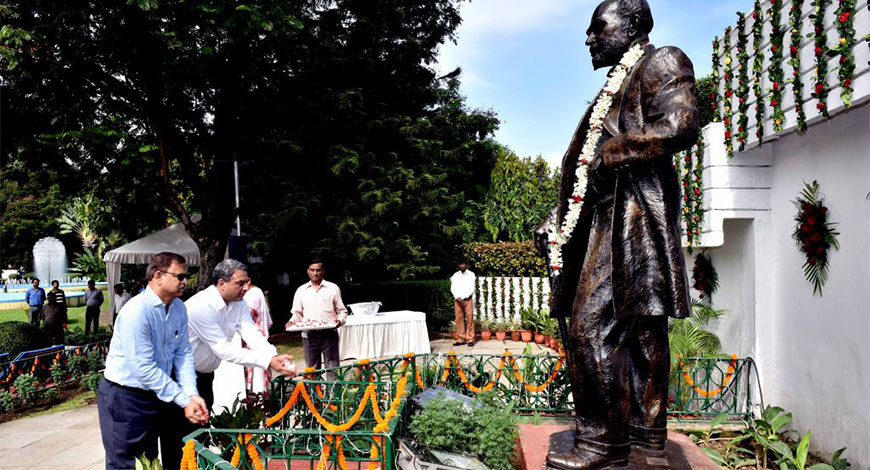Featured
Long-term investment in sport is essential for India to benefit

Hercules is a woman. And she is called Swapna Barman. But it took a gold medal in the Asian Games for India to awaken its mind to the simmering hero inside its chaotic cauldron.
Twelve toes and shoes that do not fit. A perennially sick father and a steady stream of pain from limb and mind accompany Swapna Barman on her journey to the edge of human limits.
The disc bulge in her back ensures that her every strain is accompanied by a jarring note from her aching back. The music grew louder for the young woman, with a molar abscess joining the orchestra during the games in Jakarta.

Her journey is an excellent example of the lonely pursuit of athletes, who set out on a quest for the end of their limits. The deafening applause and cries of joy are most necessary and well appreciated by the likes of Swapna. But would they not love for us to bring in the acclaim and ring it loud even while they burn their sinews under the gaze of a melting Sun, all alone.
The lust for medals is a national obsession and a good one too.
But Indians, each of us, need to reflect on our complete apathy toward the mind-numbing trek that is required to help an athlete arrive on the stage.
“The scouting mechanism of our country needs a re-examination. We could perhaps use the Khelo India platform to identify talent early enough. And I think, the state has a role to play given their deep investments across the country through SAI and other such structures. Identifying good talent remains a great challenge,” opined Deepthi Bopaiah, Executive Director at GoSports Foundation. “If the government can work on the structure and institutionalise processes around talent, the resources are available to groom them towards their destiny.
“Brands need to be open to customisation,” added Deepthi. “They need to invest early enough in the life cycle of an athlete and take risks to maximise opportunities for young athletes. At the moment, the system is designed around stars, excluding athletes working their way up the value chain. A change in this mindset could be a game changer, especially for a country like India.”
Our enthusiasm for results can be deafening, often bringing a deluge of rewards for medals. But so is our silence, when our athletes need us the most. During the lonely days and weeks spent squeezing mind and limbs to enable themselves on this discovery of human limits.
As we emerge from the shadows and deepen our presence on an increasingly volatile global landscape, now is a good time for India to reflect on its values and view them through the prism of sport. We are going to be a nation of riches – the median age of India is under 28 years and is expected to reach 32 by 2030.
A long-term investment in sport could be essential for India to benefit from its nearly billion strong workforces over the next decade.
The health and happiness of the nation will depend on keeping this vast population healthy, active and engaged. And the journey needs to begin in our schools, working with an increasingly passive generation drawn into a personal technology trap.
Also read: A long-term sports development program is what India needsThe public sector in India has been a beacon of light for sport in India. It is their unstinting support that has enabled hundreds of young men and women pursue their dreams. In the recent past, the work of Olympic Gold Quest and GoSports, who are investing in talent and training are helping Indian sport march forward. But plenty remains to be done.
The pioneering influence of the Tata Group is worth emulating..
...as we work consciously to harvest the promised demographic dividend. Sir Dorabji Tata was instrumental in forming the Indian Olympic Association – his support for Olympic Sport started with the 1920 games in Belgium, and by 1927, India had an association recognised by the Olympic movement.
Since then the Tatas have extended a steady hand of support to the sport over the past century. In reaching their support to individual athletes or in creating nurseries to nurture talent, several of their entities have invested vast sums of money to build the necessary ecosystems for excellence.
 Sir Dorabji Tata was instrumental in forming the Indian Olympic Association (Pictured here: statue or Sir Dorabji Tata in Jamshedpur)
Sir Dorabji Tata was instrumental in forming the Indian Olympic Association (Pictured here: statue or Sir Dorabji Tata in Jamshedpur) But their most significant contribution to the sport may have been in the promotion of a sporting culture, creating the infrastructure needed to promote an active lifestyle for millions of people. Most of their enterprises have helped build townships and communities that have access to facilities that can be the envy of sportspersons. They have also invested in a rich array of events to promote sports and the spirit of charity in India
“Events like the marathon promote values like grit, tenacity, excellence, perseverance, belief, commitment and passion that have been a key part of the Tata group’s ethos since its inception,” said N Chandra at the Mumbai Marathon in January. “Partnering with India’s premier long-distance running event is a great way for the Tata group to increase our engagement with the community, raise funds for charity as well as create social awareness about the necessity of good health and fitness.”
The alienation of sport from education hasn’t served our nation very well.
In 1975, our median age was under twenty. Despite significant growth in population, it took the information boom in the new millennium for India to find its wheels. With the current swell of youth only expected to last through 2040, the time to act is now.
We need to encourage grassroots sports in India to nourish the minds and bodies of our young lot into potent weapons for national progress.
The journey toward greater global success could be paved through a path of warm love for sports, drawing in a massive transformation ground up. While the medals will indeed follow, it will also set about a national movement that is far more inclusive and meaningful.
Also read: Urgent focus needed towards grassroots sports development in India






